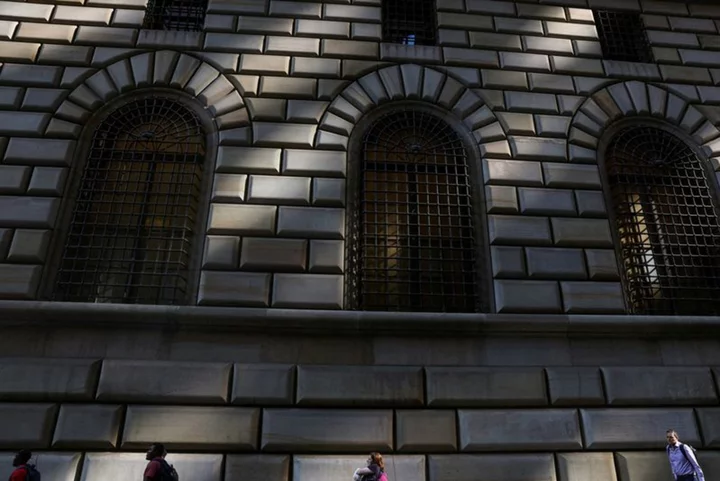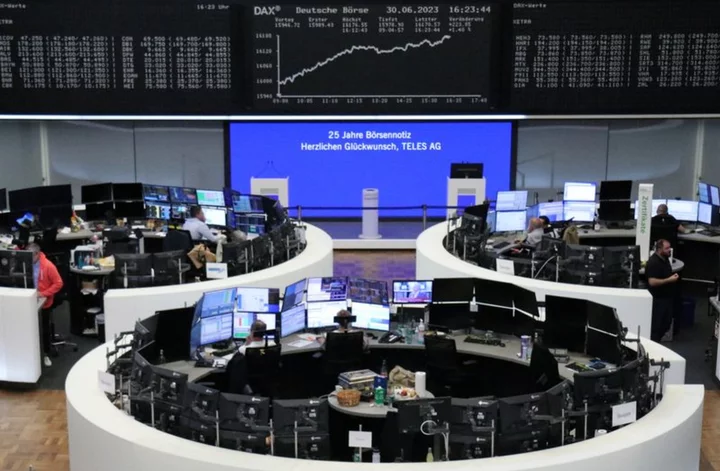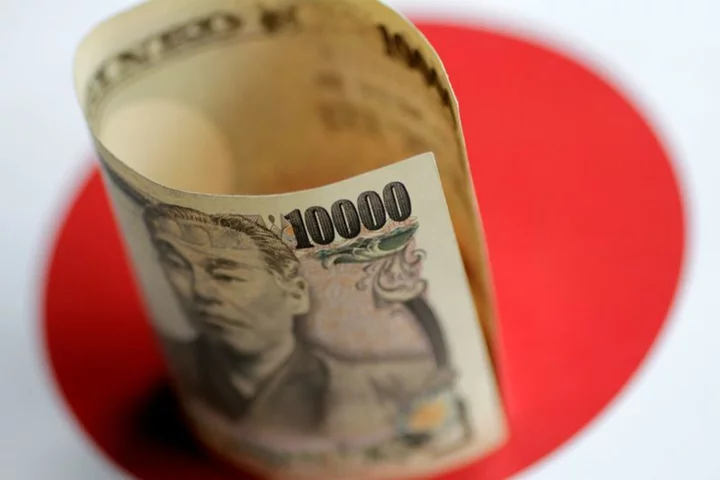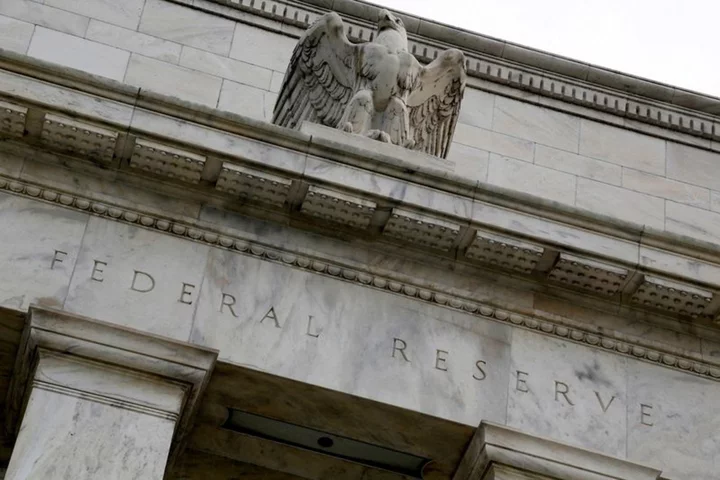By Michael S. Derby
NEW YORK The resumption of student loan payments should have only a modest impact on U.S. consumer spending levels, the Federal Reserve Bank of New York said on Wednesday in a report that suggests one of the headwinds the economy was set to face won’t be the negative some had feared.
The restart, which began this month for millions of borrowers after payments were paused during the coronavirus pandemic, “will have a relatively small overall effect on consumption, on the order of a 0.1 percentage point reduction in aggregate spending from August levels,” the bank said. At the same time, delinquency rates will likely rise but only back to levels seen before the pandemic struck in the spring of 2020.
But while the impact of renewed student loan payments will be small on the overall economy, that doesn’t mean some won’t struggle. The bank said “low-income borrowers, female borrowers, those with less than a bachelor’s degree, and those who were not in repayment before the pandemic expect the highest likelihood of missed student loan payments.”
The New York Fed’s findings were based off data collected as part of its regular Survey of Consumer Expectations, which dates back to 2013 and is best known for its readings on what the public expects for inflation as well as how people describe their economic and financial outlooks.
ECONOMIC WILD CARD
The restart of student loan payments has long been a wild card for the economic outlook. Many analysts have worried that households needing to make payments again could weigh on consumer spending and add drag to the economy’s otherwise robust forward momentum.
Speaking on Monday, Philadelphia Fed President Patrick Harker, formerly a university leader before coming to the central bank, counted the impact of renewed student loan payments as one of the major uncertainties facing the outlook, along with the threat of a government shutdown, labor strikes and geopolitical factors.
Student loan debt payments are beginning again this month after the Supreme Court overruled the Biden Administration’s effort to forgive a wide swath of the debt that has been outstanding. The president has moved to forgive some of that debt after the court decision but the bulk of what is outstanding must be repaid.
The New York Fed report noted paused payments totaled $260 billion over the course of the pandemic, “supporting borrowers’ consumption and savings over the last three years.”
The report said the impact of restarted loan payments is blunted by the “strength” still seen in the consumer sector, and from changes by the government aimed at making it easier to repay loans, such as programs that tie payments to how much the borrower is earning.
Some student loan borrowers will surely struggle, the report said, while adding “nevertheless, we expect the potential spillover to the broader economy to be limited.”
The restart of student loan payments comes amid clear consumer strength, with the government reporting on Tuesday much stronger-than-expected retail sales gains for September. Capital Economics Deputy Chief U.S. Economist Andrew Hunter, in a note to clients, said spending had showed “resilience” in the face of higher interest rates, while adding “with employment and wage growth slowing and the resumption of student loan repayments taking an additional bite out of disposable incomes, it is still hard to see how this strength can last.”
In a separate report on the overall financial health of consumers, the New York Fed also sounded a note of caution. While households are in a "strong position," bank analysts said "household finances will likely tighten further in the coming months" and "the resumption of student loan payments could have substantial negative effects on vulnerable households."
(Reporting by Michael S. Derby; Editing by Andrea Ricci)









